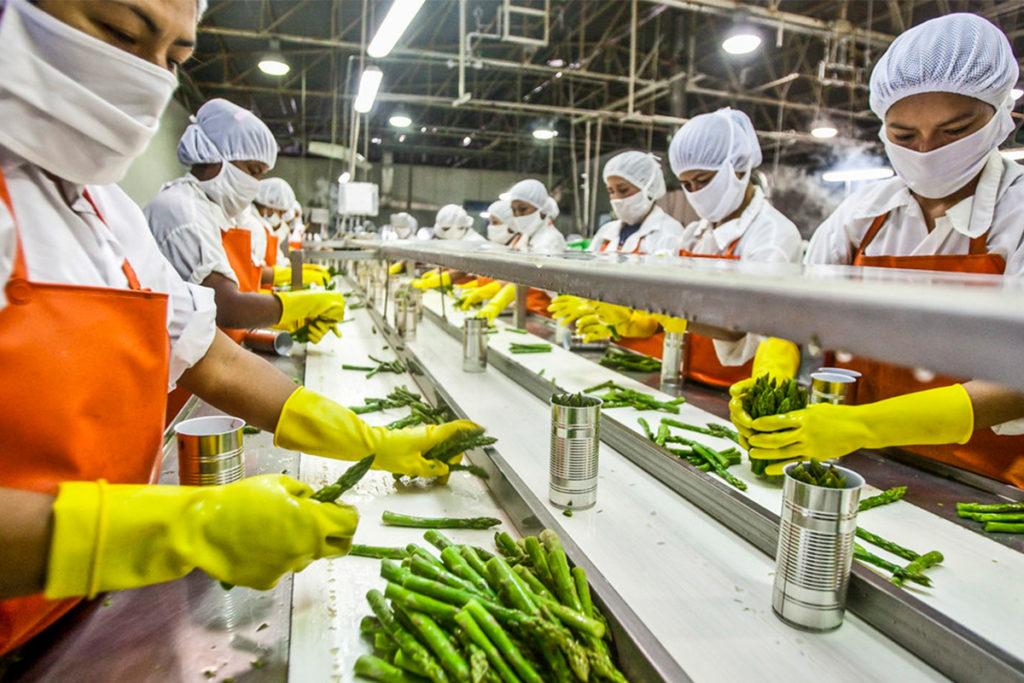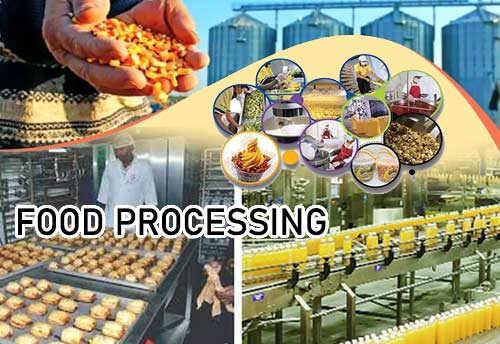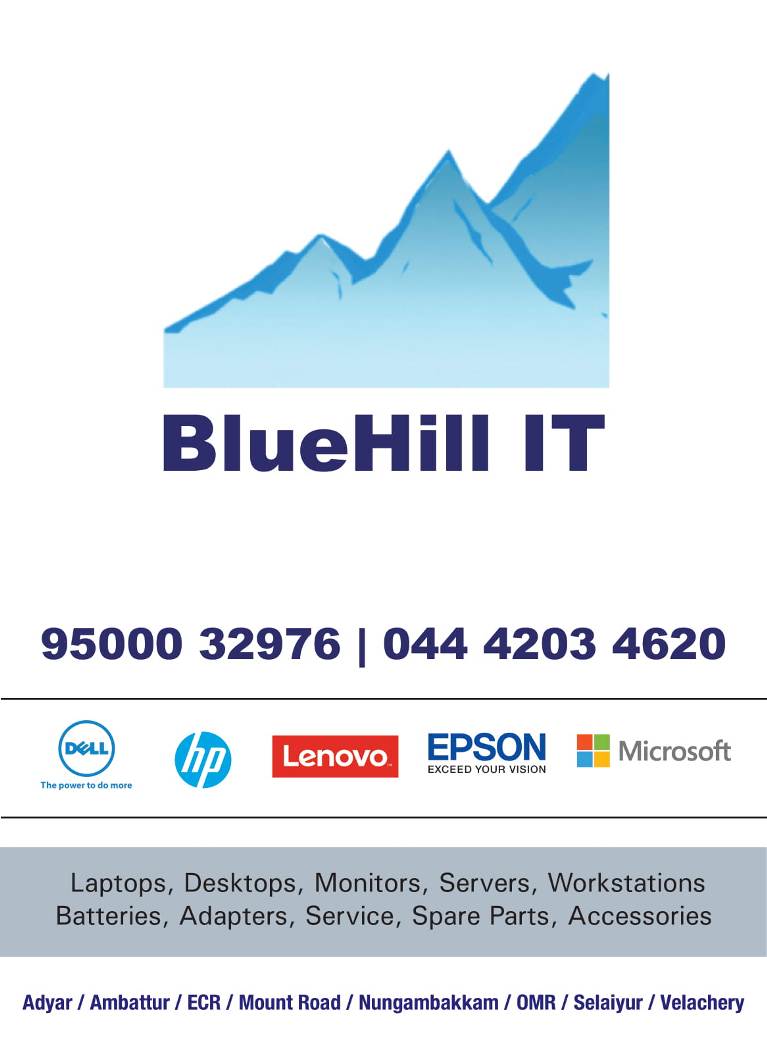Food Processing
About department
description
Food processing refers to the conversion of raw agricultural products into consumable food products through various physical, chemical, and biological processes. It involves transforming agricultural commodities into value-added products with improved shelf life, safety, taste, and nutritional value.


Connect with us
Beneficial
- Duration:
- Training programs in food processing can vary in duration depending on the level of expertise and the specific curriculum. They can range from short-term courses focusing on specific skills or techniques to comprehensive diploma or degree programs spanning several years.
- Mode:
- Food processing training programs are offered through various modes of instruction, including classroom-based learning, hands-on practical training, workshops, and online courses.
- Some institutions offer flexible schedules to accommodate both full-time and part-time students, as well as options for distance learning or self-paced study.
- Eligibility Criteria:
- There are no strict eligibility criteria for entry-level food processing courses. However, basic knowledge of food science, biology, chemistry, or related fields is often recommended.
- Advanced courses or degree programs may have specific academic requirements, such as a high school diploma or equivalent, and may require proficiency in certain subjects related to food science or technology.
- Admission Process:
- The admission process for food processing courses typically involves filling out an application form, providing educational transcripts or certificates, and paying any applicable fees.
- Some institutions may require applicants to undergo a placement test or interview to assess their aptitude for the program.
- Admission criteria may vary depending on the institution and the level of the course.
- Certifications:
- Students may have the opportunity to earn industry-recognized certifications such as Hazard Analysis and Critical Control Points (HACCP), Good Manufacturing Practices (GMP), or Food Safety Manager Certification to validate their skills and knowledge in food processing.
- Training programs in food processing can vary in duration depending on the level of expertise and the specific curriculum. They can range from short-term courses focusing on specific skills or techniques to comprehensive diploma or degree programs spanning several years.
- Food processing training programs are offered through various modes of instruction, including classroom-based learning, hands-on practical training, workshops, and online courses.
- Some institutions offer flexible schedules to accommodate both full-time and part-time students, as well as options for distance learning or self-paced study.
- There are no strict eligibility criteria for entry-level food processing courses. However, basic knowledge of food science, biology, chemistry, or related fields is often recommended.
- Advanced courses or degree programs may have specific academic requirements, such as a high school diploma or equivalent, and may require proficiency in certain subjects related to food science or technology.
- The admission process for food processing courses typically involves filling out an application form, providing educational transcripts or certificates, and paying any applicable fees.
- Some institutions may require applicants to undergo a placement test or interview to assess their aptitude for the program.
- Admission criteria may vary depending on the institution and the level of the course.
- Students may have the opportunity to earn industry-recognized certifications such as Hazard Analysis and Critical Control Points (HACCP), Good Manufacturing Practices (GMP), or Food Safety Manager Certification to validate their skills and knowledge in food processing.



